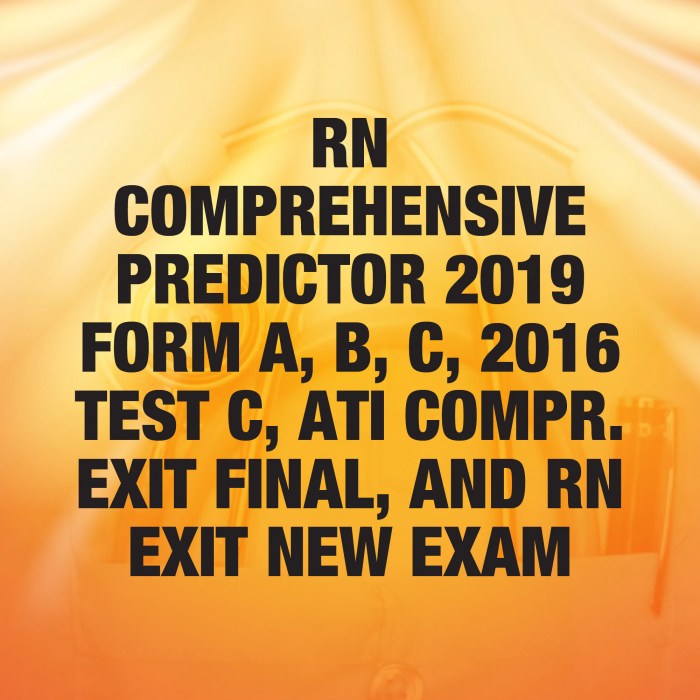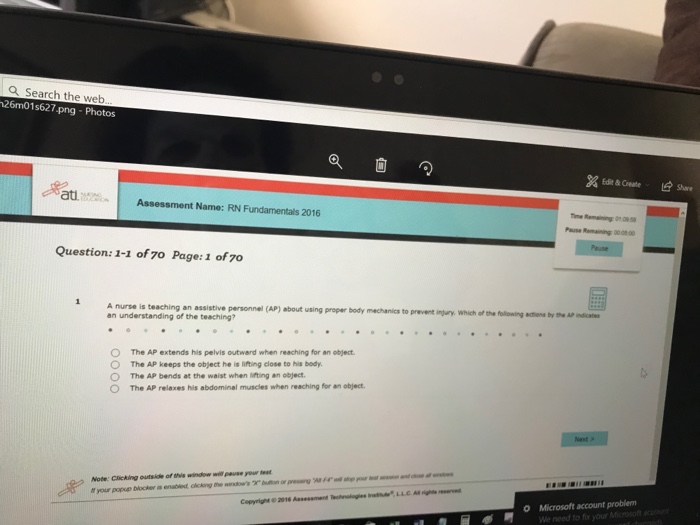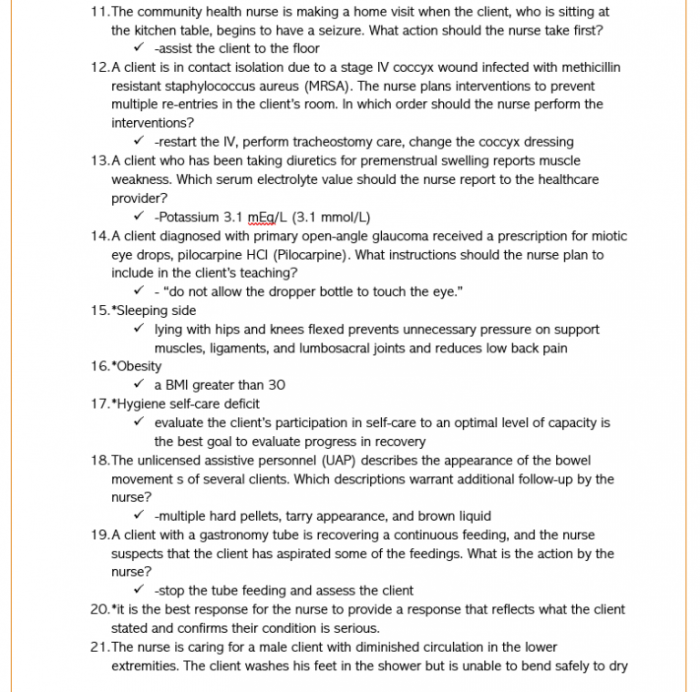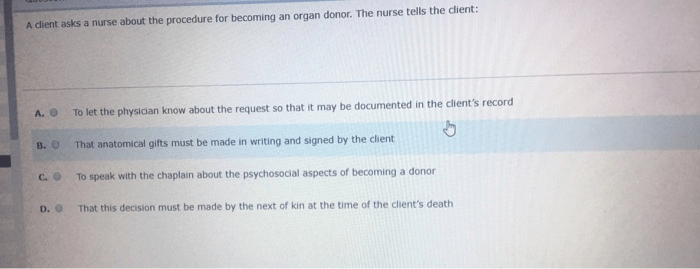Rn fundamentals 2016 70 questions – Prepare for success in the RN Fundamentals 2016 exam with this comprehensive guide. Our 70 practice questions cover every aspect of the exam, ensuring you’re ready to tackle the challenges it presents.
This resource provides an in-depth overview of the exam format and structure, along with essential nursing concepts and clinical skills. Our expert insights and effective test-taking strategies will empower you to optimize your performance and achieve your desired score.
RN Fundamentals 2016 Exam: Rn Fundamentals 2016 70 Questions

The RN Fundamentals 2016 exam is a comprehensive assessment of the knowledge and skills required for entry-level registered nurses. The exam covers a wide range of topics, including patient assessment, medication administration, wound care, infection control, and clinical skills.
The exam is divided into two sections: a multiple-choice section and a case study section. The multiple-choice section consists of 70 questions that cover all aspects of the exam content. The case study section consists of one or more case studies that require candidates to apply their knowledge and skills to real-world scenarios.
70 Practice Questions

The following is a comprehensive list of 70 practice questions that cover all aspects of the RN Fundamentals 2016 exam:
- What are the key steps involved in patient assessment?
- What are the different types of medications and how are they administered?
- How do you care for a wound?
- What are the principles of infection control?
- What are the essential clinical skills for nurses?
Nursing Concepts
The following are the core nursing concepts tested on the RN Fundamentals 2016 exam:
Patient Assessment
Patient assessment is the process of collecting data about a patient’s health status. This data is used to develop a plan of care for the patient.
Medication Administration
Medication administration is the process of giving medications to patients. This process includes verifying the medication order, preparing the medication, and administering the medication to the patient.
Wound Care, Rn fundamentals 2016 70 questions
Wound care is the process of treating wounds. This process includes cleaning the wound, dressing the wound, and monitoring the wound for signs of infection.
Infection Control
Infection control is the process of preventing the spread of infection. This process includes following proper hand hygiene, using personal protective equipment, and cleaning and disinfecting surfaces.
Clinical Skills

The following are the essential clinical skills required for success on the RN Fundamentals 2016 exam:
Vital Sign Measurement
Vital sign measurement is the process of measuring a patient’s vital signs. This process includes measuring the patient’s temperature, pulse, respirations, and blood pressure.
IV Insertion
IV insertion is the process of inserting an intravenous (IV) line into a patient’s vein. This process is used to administer medications, fluids, and blood products.
Catheterization
Catheterization is the process of inserting a catheter into a patient’s bladder. This process is used to drain urine from the bladder.
Test-Taking Strategies
The following are effective test-taking strategies to help candidates optimize their performance on the RN Fundamentals 2016 exam:
Time Management Techniques
Time management techniques are strategies for managing time effectively during the exam. These techniques include pacing yourself, prioritizing questions, and guessing intelligently.
Question Analysis Methods
Question analysis methods are strategies for analyzing questions carefully before answering them. These methods include reading the question carefully, identifying the key words, and eliminating incorrect answer choices.
Stress Reduction Strategies
Stress reduction strategies are techniques for managing stress during the exam. These techniques include deep breathing, visualization, and positive self-talk.
Study Plan

The following is a comprehensive study plan for the RN Fundamentals 2016 exam:
Month 1:
- Review the exam blueprint.
- Create a study schedule.
- Begin studying the core nursing concepts.
Month 2:
- Continue studying the core nursing concepts.
- Begin practicing clinical skills.
- Take practice exams.
Month 3:
- Review all of the material.
- Take practice exams.
- Get a good night’s sleep before the exam.
Commonly Asked Questions
What key concepts are covered in the RN Fundamentals 2016 exam?
The exam encompasses core nursing concepts such as patient assessment, medication administration, wound care, and infection control.
How can I effectively prepare for the clinical skills portion of the exam?
Practice is crucial. Familiarize yourself with essential clinical skills like vital sign measurement, IV insertion, and catheterization through hands-on training and simulations.
What test-taking strategies can I employ to maximize my score?
Effective time management, thorough question analysis, and stress reduction techniques are invaluable strategies for optimizing your performance during the exam.
